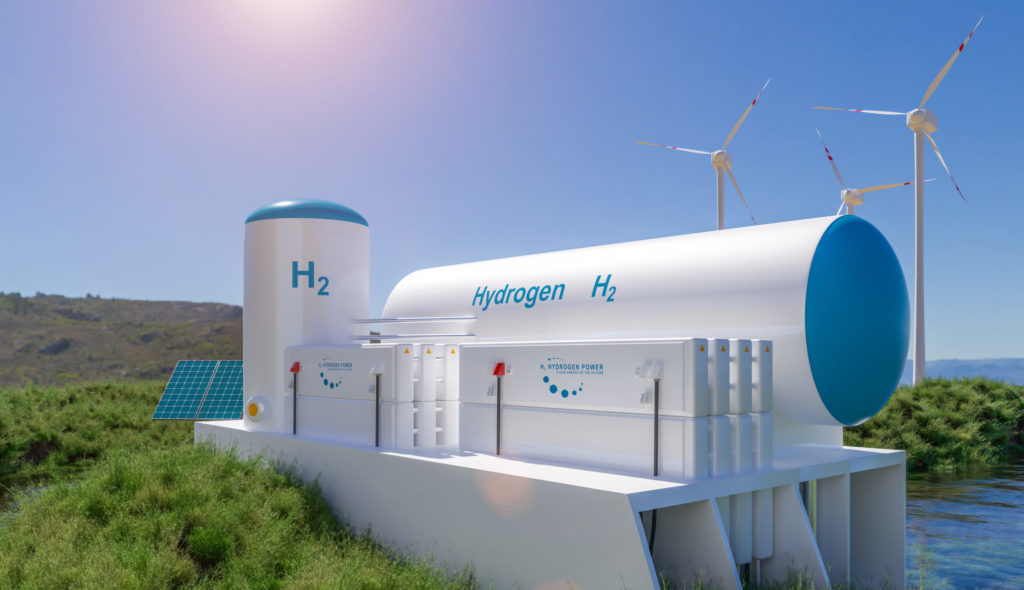Why all ride-sharing should go electric. And autonomous, with Dave Rubin
Featured Experts

Dave Rubin
Head of Policy Research at Cruise

Dave Rubin
Head of Policy Research at Cruise
Dave Rubin is the Head of Policy Research at Cruise, a rideshare provider powered by self-driving, all-electric cars. Previously, he worked in strategic management consulting in Washington D.C. with a focus on transportation. Dave has a Master of Arts in Energy, Resources, and the Environment from Johns Hopkins University.
In this Episode
Ride-sharing services currently result in 69% more emissions, on average, than the trips they displace, according to a recent study by the Union of Concerned Scientists.
But, if the ride-sharing vehicles were electric, it’s a whole different story. Replacing one gasoline-powered ride-sharing car with an electric vehicle (EV) has three times the climate benefit as replacing a personal car with an EV.
Some companies like Cruise and Aurora go even further, developing electric autonomous fleets, which could further reduce the carbon footprint of ride-share vehicles.
Climate Now spoke with Dave Rubin, Head of Policy Research at Cruise, a self-driving, ride-sharing service, to understand how electric and autonomous vehicles could help us decarbonize road transportation, and the challenges ahead for wide-scale adoption.


